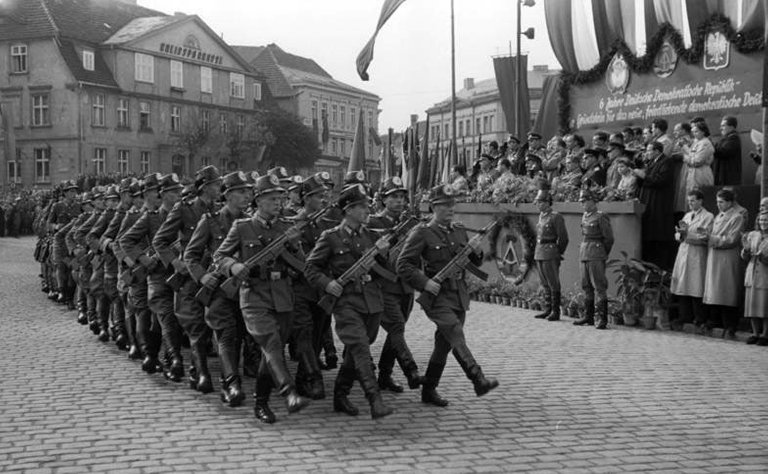Source

There are many aspects of character, political or otherwise, but none are likely as ever present and impactful than the totalitarian spectrum.
I can already feel half of you shudder at the idea of a spectrum, but there are at least three clear sets of people; Totalitarians, Centrists and Anti-Totalitarians (traditionally called Libertarians, but that word means something a bit more specific today).
Totalitarians believe in order on a large scale. This could be interpreted in a number of ways by an individual, leading to a diverse set of viewpoints; sub categories you could say, that all stem from this basic starting point. On the conservative right you have religious zealots that strictly adhere to their interpretation of religion, hyper-patriots that hold the good of the country above all else and tribalists that put their in-group above all others. On the left you have apologists that stand by their religion wholeheartedly even when it conflicts with their own values, Social Justice Warriors that want to set the rules of society for the future and globalists that welcome the idea of a single world government to bring unity.On both sides you have those that gather around influential idols and share their beliefs with said idol be that a person or an organization. Of course you also have those that want to be the one with power, though arguably I feel that fits into a separate group in and of itself. They all believe there is one single right way to live your life. They drastically disagree with what that looks like, but they have some set of values they believe is absolute.
Opposed are the anti-totalitarians. Those that prioritize personal freedom over working towards a larger goal. Once again it's controlled more as a matter of one's self-image than any specific action or belief. Some feel personal freedom is very personal, their own freedoms being what matter, while others believe those freedoms should be for all people. On the conservative right you have religious devotees that convince themselves that sin is a shackle to be cast away, Anti-Social Justice Warriors who are concerned that too many people care too much about other people's business and of course libertarians that believe in little to no regulation. On the left you have religion-lite that focuses more on what feels like what scripture is about rather than a literal interpretation, other social justice warriors who's primary concern is everyone is equally awarded freedom from everyone else and economic progressives that feel one's government is less oppressive than one's employer. There aren't typically idols among this group as no individual is above anyone else. There are thought leaders they agree with, but those thinkers are typically part of a group that the anti-traditionalist admires. What semi-idols exist are fallible and don't receive the same loyalty as they would from a totalitarian.
Then there is the centrist. For this group life is almost certainly going well. They likely lean one way or the other if you put the fire to them, but they tend to believe things will work out for them either way. They are likely as caring as anyone else, but no one they know is likely to be affected strongly by the times changing or staying the same. Life will go on. It sounds a bit callas, but this probably makes up a near majority of people. Consider the people that vote on tradition instead of policy or loyalty. People who see no point in voting at all. People just don't tend to worry about things when they're in a group that is barely affected by change so they stray agnostic.
As critical as this divide is we often lose sight of it, opting to look at surface level opinions rather than how those opinions have formed. A closer look is needed to help realize why we may agree or disagree. We should understand that while we may agree on policy we may not agree on the method or reason we support that policy. To dismiss someone as a fascist or communist is often an excuse to turn a blind eye to the same problem driving our own beliefs.